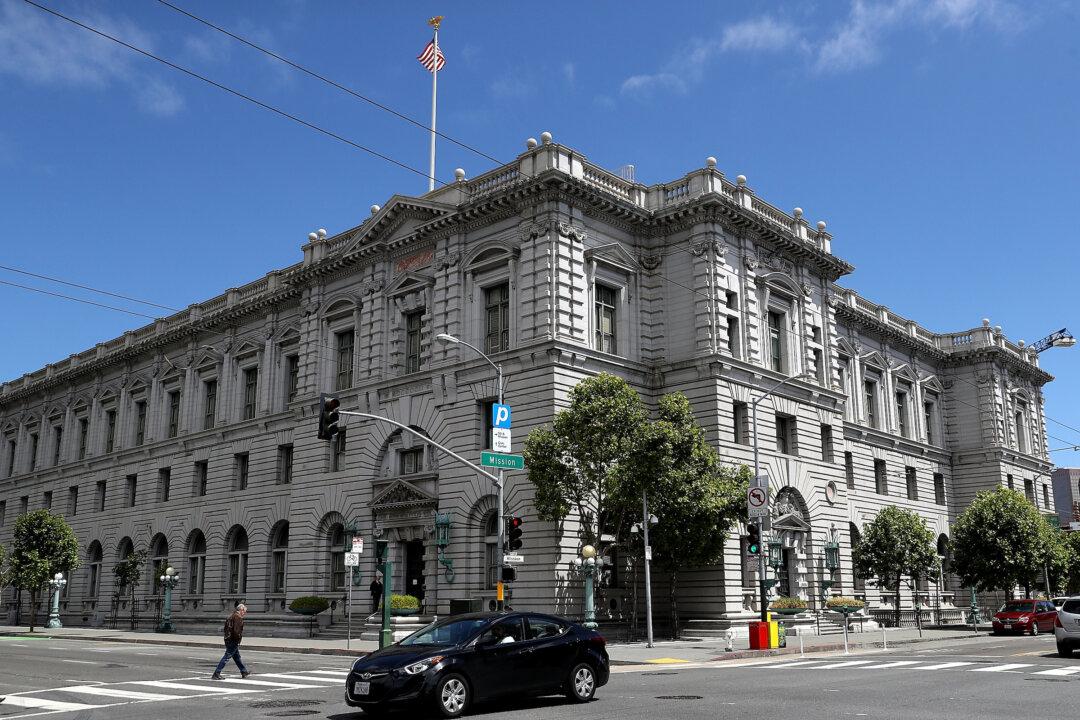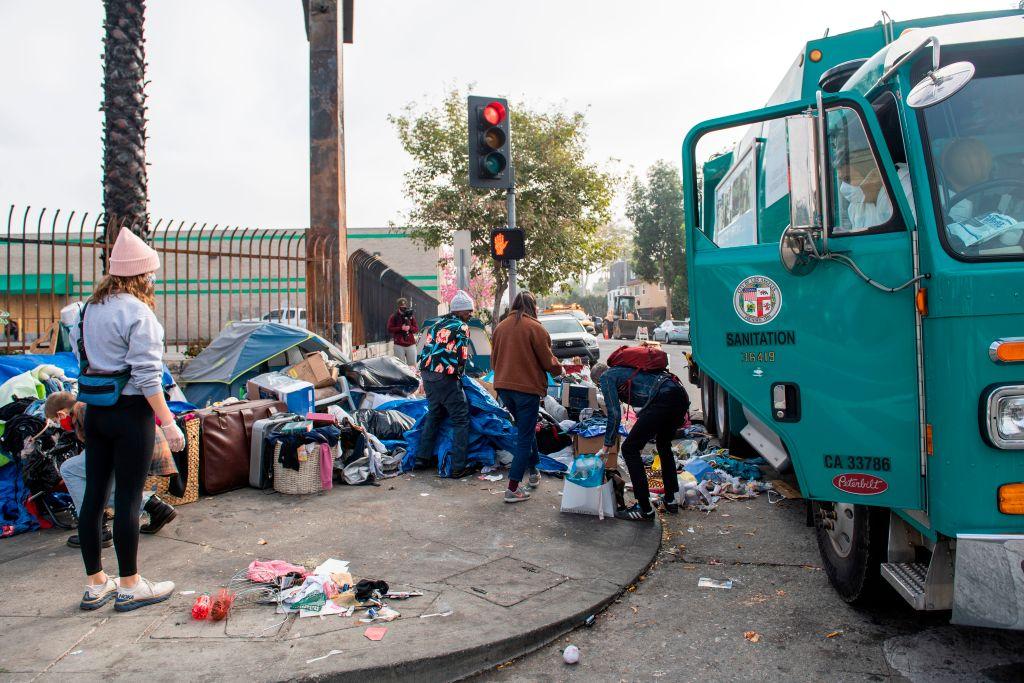Commentary
Florida Republican Gov. Ron DeSantis has a major legal victory in his pocket. A federal district judge dismissed a lawsuit by the Disney corporation challenging the state of Florida’s efforts to wrest back control of the sweetheart-deal special improvement district that Disney had carved out for itself in 1967 when it created the Walt Disney World governing district.





